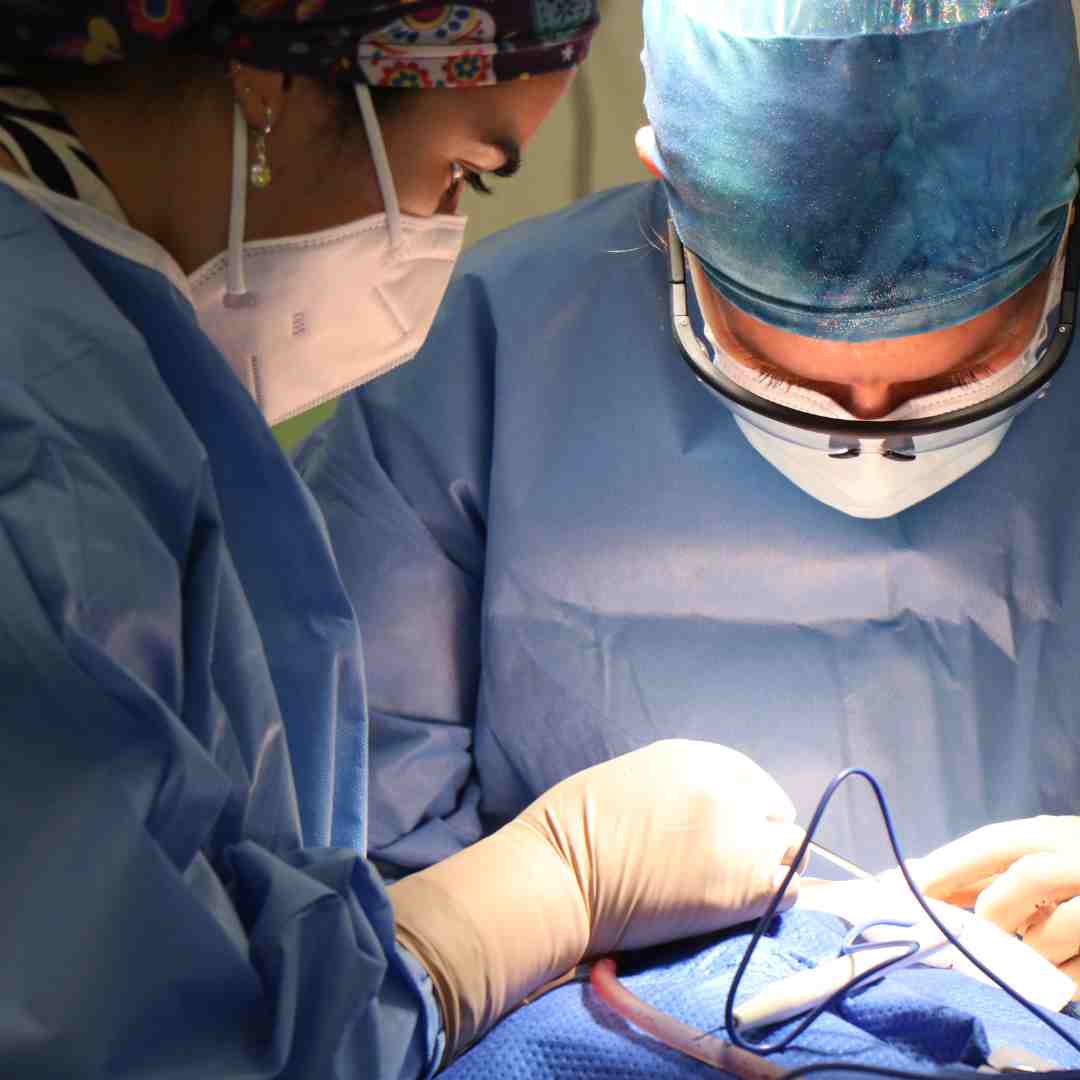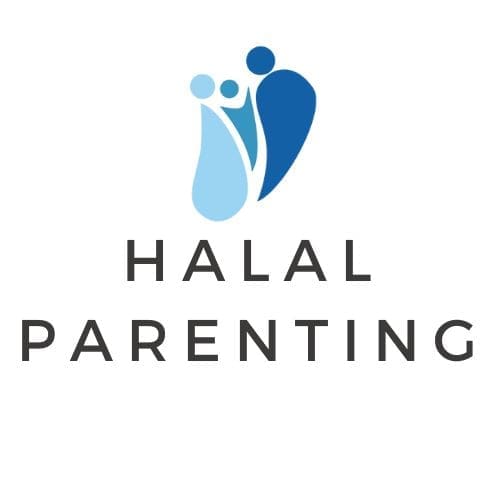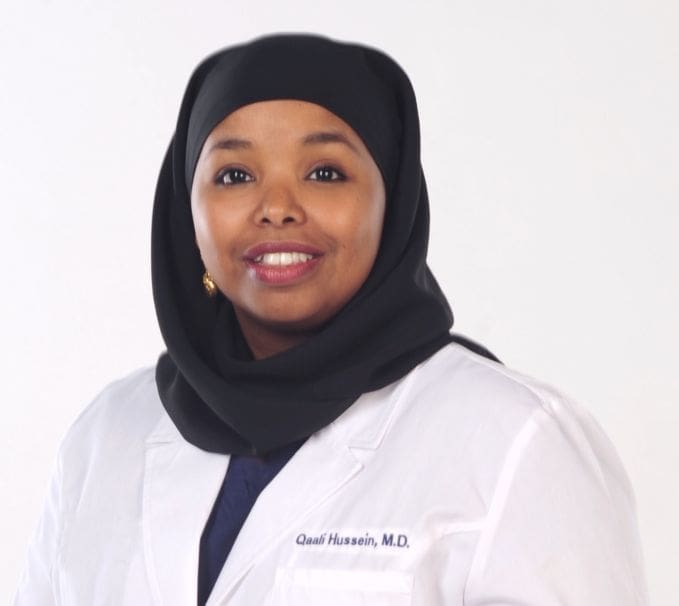What I Wish I Knew Before I Became a Surgeon

I knew at a very young age, maybe at seven or eight, that I wanted to be doctor – a surgeon. I knew I wanted to learn how the human body worked, why we took medications to treat ailments, and how these medications worked.
As I grew up I became more fascinated with science and how the different organs in the body functioned. I became interested in the field of surgery. In high school, I visited the anatomy lab of the school where I would end up doing my surgery residency. I was fascinated at how engaging the faculty were and how their eyes lit up as they showed us the heart and lungs of a cadaver and how they worked together to sustain life.
As my journey into surgery began, I would soon find out that my path would be very different than those of my classmates. While most of my classmates had always been told they could be anything they wished, I was always reminded of my obligations. A mere mention of my interest in medicine would elicit unsolicited advice about my priorities. Was I willing to take off my hijab in order to get into medical school or get into a surgery program? When was I going to get married and have kids? If I managed to find a husband and have kids, how could I possibly continue to work? And so forth.
It’s been many years since I began my journey. I am now a double-board certified trauma and acute care surgeon. I am also married and, Alhamdulilaah, we’re blessed to have six little ones. There are many things I wish I knew before I became a surgeon. Here are three of them:
Social norms are not set in stone.
As a hijab wearing Muslim woman, my destiny was already defined by society. Within my own culture, being a wife and a mother were deemed to be my top priority regardless of my own personal interests. And outside of my culture, the stereotype of the quiet and submissive Muslim woman preceded my own persona. In everyone’s eyes, I was set in that box and not allowed to deviate.
When I chose the atypical field of surgery, essentially escaping the box, there were repeated efforts to try to place me back in it. I was frequently reminded that I was out of place. But by showing up everyday and persisting despite the negativity, I learned to become comfortable in occupying a space that wasn’t designed for me. And as I became comfortable and more confident in myself, there were less reminders and less efforts to dissuade me.
When I learned to become comfortable with the idea of deviating from social norms, I realized the emotional toll it had taken on me and how much energy I spent on worrying about its consequences. I wished someone had taught me how to deal with the near constant dismissal and dissuasion and impressed upon me that social norms are not set in stone and deviating from them should be normal

It’s not uncommon for women and many underrepresented minorities in medecine to be told that they are likely taking up someone else’s position, someone presumed to be more deserving.
Deviating from the norm is difficult.
I was somewhat aware of the difficult path I was choosing when I decided to go to medical school. I was in high school when I was told that continuing to wear my hijab would keep me from ever going into surgery. And because I also expressed interest in having a family, surgery was deemed automatically out of my league.
My wanting to become a hijabi surgeon and mother was described as impossible. While this should have prepared me for the level of difficulty in pursuing these goals simultaneously, I never would have imagined the intensity of the experience when racism, sexism, and Islamophobia were added to the mix. I’ve always seen medicine as a welcoming and altruistic field where people who shared the common goal of caring for others came together.
The fact that structural racism is sewn into the fabric of medicine was something that I unfortunately had to discover for myself and learn to navigate cautiously. I wish it was made clear that while there is difficulty because of the physical demands of a surgical career and motherhood, navigating structural racism unprepared would be the biggest obstacle.
It’s ok to take up space
As I became familiar with the exclusionary culture of medicine, I became astutely aware of why I didn’t belong in many spaces. When I became pregnant with my first child as an intern (the first year of surgery residency), I was told by a surgery attending:
“You’ve got Black and Muslim going against you. What were you thinking getting pregnant?”
Simply put, my identity of being Black and Muslim were considered baggage I had to overcome. The expectation was that I overcompensate for this baggage. And my choice to become a mother was considered defiance. there were many times I was called “selfish” for becoming a mother in a tough surgery program. It’s not uncommon for women and many underrepresented minorities in medicine to be told that they are likely taking up someone else’s position, someone presumed to be more deserving.
It wasn’t until I became comfortable with my clinical knowledge and surgical skills that I accepted and acknowledged the fact that while I may not have been welcomed in these spaces, I belonged. I belong in the trauma bay taking care of victims of gun violence and car accidents. I belong in the operating room trying to save a life. And I belong at my patient’s bedside who rely on my expertise to care for and comfort them and their families.
I wish someone had taught me that it’s okay to take up space, even if it was never designed for me. It’s ok to demand changes to systems that were not designed with us in mind.
One of the greatest lessons I learned from my journey into medicine is that systems and cultures are not set in stone either. We, as individuals, are capable of advocating for ourselves and being agents of change to create more equitable work environments. And in order for us to do that, we have to be willing to take up space.



😍thanks it’s really gave me a big encouragement this post I’m new graduted nurse but my dream was become a surgeon but bcs of so money reasons i didn’t applied the medicine but i hope the next year incha allh thank you so so much
Wisdom words always remember your are someone’s roke modt